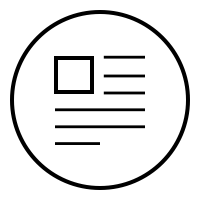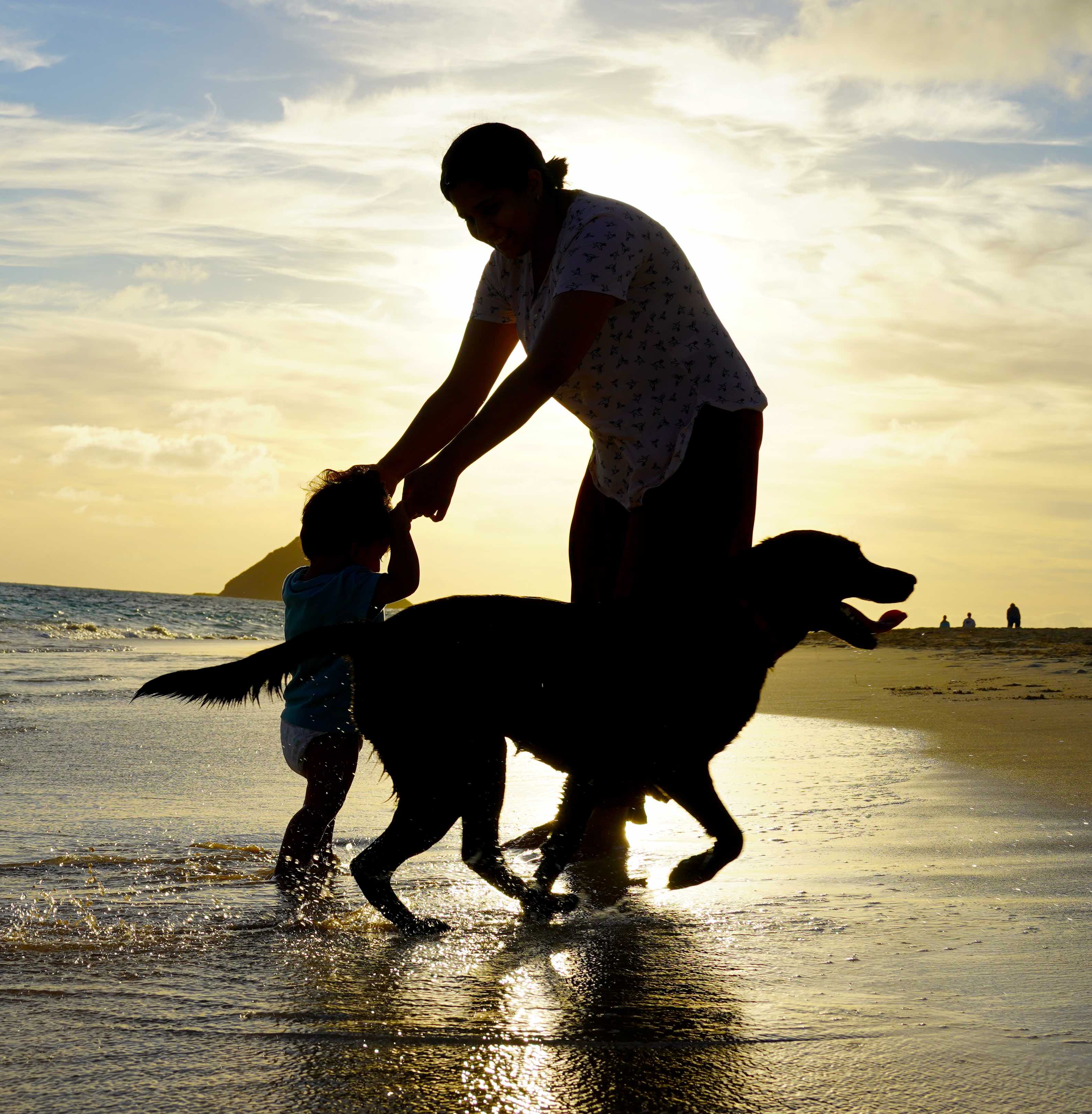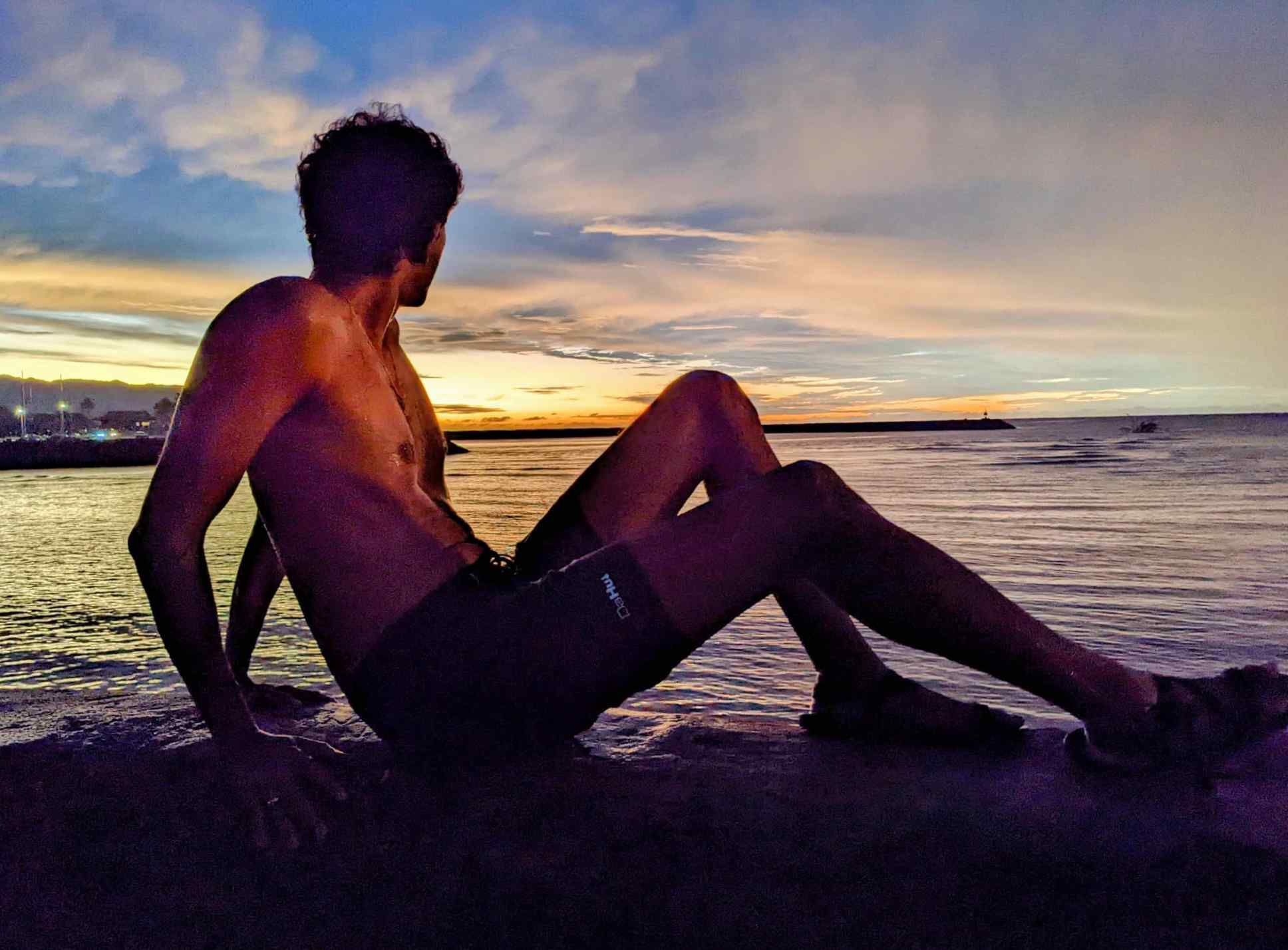“We have two lives, and the second begins when we realize we only have one.” - Confucius
In August of this year I headed to Oahu with my wife, 7m old baby boy and young pooch. We quit our lucrative jobs and put our home on the market. We weren’t sure what would come of the 6 month sabbatical we had planned. We wanted to hit the reset button or at-least go looking for it. We both had agreed that lives felt one-dimensional, the hustle unsustainable and a rising unease that was hard to ignore. Receiving the gift of a baby during the unprecedented pandemic was the final push we needed. It gave us the courage to reclaim all the time we could, lean into our intuition and make this sabbatical happen.
Sabbatical wasn’t the best way to advance financially, professionally or socially. But it gave us many intangible assets. We feel renewed. Buoyant, wiser, filled with wonder and optimism. It was deeply healing and transformative for me personally. I enjoyed swimming, reading, thinking and spending nearly every waking moment with my family. For this I feel a great sense of gratitude to the universe. Only time will tell whether the effects of the sabbatical will last into the future. To increase those odds, I decided to write this thought dump. Although I’d love to wax poetic about the divine beauty of Hawaii and how that helped, I won’t. Those lived experiences translate poorly into any medium other than reality. Instead I’ll write about what I’ve learned and how that has changed my outlook.
Belonging
We split our time equally in four different Airbnbs. One near Honolulu downtown, one among the mountains in Palolo valley, one near the Kailua beach and one right on the Kaneohe bay. While this meant we had to pack and move every 6 weeks with a baby, a dog and three car trips worth of luggage, it was entirely worth it. The changing scenery, wildlife, microclimate and local population brought a richness to our experience that staying in a single place wouldn’t have. Our son enjoyed diverse sights - chickens climbing up trees, streets lined with ripe mangoes, fish pods jumping out of the water, getting friendly with a parrot, starlit beach walks. We had different options for activities in each place - hiking in the hills, swimming in city pools, surfing in the ocean, paddling in the bay.
The socioeconomic strata, professions and interests of the locals were varied, a stark contrast to the monoculture in the bay area that we were used to. Most locals punctuated their day with a swim or paddle in the ocean and looked forward to it with great fondness. Love for nature and a shared sense of guardianship ran strong. Well into our stay we started feeling the same, like we belonged and like this way of living made total sense.
Schools of thought
In Naval Ravikant’s Almanac, one of his nuggets that resonated with me was “Trade money for time, not time for money. You’re going to run out of time first.”. This was the driving philosophy behind my conviction that the sabbatical made sense. Building on top of this thinking, I believe certain periods in my life are more precious. Right now, during the early, delicate, fun-filled years of my son’s life, my health still intact, is precious to me. In this increasingly unpredictable world, as a type 1 diabetic it is reckless for me to take anything for granted about the future. Trading saved money for time right now makes all the sense in the world to me.
In the book Principles, Ray Dalio’s emphasis on the importance of radical candor in professional and personal life appealed to me. When I started expressing myself exactly in line with how I felt, I felt liberated. Previously stress would build whenever I said or did something tangential to my beliefs, either out of convenience or just to be nice to someone. That disappeared and gave way to a feeling of ease and comfort in my skin 24x7.
Greg Mckewon’s book Essentialism and to a lesser extent his followup Effortless convinced me to adopt the “do less but better” mindset. It felt like the book was written with exactly me in mind. Like most people I used to think that doing more equals more impact. I saw that when I forced myself to do fewer tasks and got comfortable saying ‘no’ effortlessly, I built willpower, did more meta thinking, produced better output and felt better.
Health hacking and understanding self
I am constantly looking for ways to stabilize my glucose levels, heal the body and live a normal life. I read about studies on calorie restricted fasts and their potential to regrow pancreatic beta cells in type 1 diabetic lab mice. I tried it, twice. Both times I had 250-400 calories per day, which tapered off over 5 days as the diet progressed. It was very hard on my mind and body. In case you are wondering what 250 calories looks like, it is 3/4ths of an avocado, for the entire day! Luckily I had the unyielding support and understanding of my loving wife. The results after the first diet were phenomenal. My insulin sensitivity and alertness were through the roof. The sensitivity increase suggested that there was beta cell growth, but unfortunately it was quickly wiped out by my autoimmunity within a week or so. Nevertheless this filled me with hope and taught me that my body was capable of far more regeneration and healing than I realized. I intend to retry this diet with immune modulating practices I’ve learnt since.
The practice I recently got hooked on is cold water exposure, and more generally putting the body in extreme discomfort for brief periods. I was introduced to this in Scott Carney’s The Wedge. The basic idea is that there are lookup tables in the brain mapping stimulus (ex: cold water OR ice-cream) to emotion (ex: ouch OR yum) which are always used by default, unless you exert will power to override them. The more you do this, the more you reprogram the brain, and as I found to be the case, feel more alive and less like a mechanistic being. For the last couple of months of my stay I’ve done cold plunges in the bay or showers 1-2 times everyday and experienced tremendous mental calm and general resilience. The vascular changes that happen to maintain body temperature felt like a massage for the deep insides. I learnt that extreme, perpetual comfort makes us anxious and weak.
One of the most profound realizations I had came from Scott Carney’s book The Wedge. It postulates that the boundaries between one’s mind, body and even external world are purely constructs of the brain, and that you are capable of perceiving far more. In reality there are no such hard edges; it is like a nested Russian doll where your brain decides you have restricted access to select layers. Think about it, we think that the fingernail is ‘us’ when it is attached and ‘waste’ when it is detached! These silo models were helpful evolutionarily, but limit us from achieving our full potential. After periods of deep meditation I’ve sometimes felt a sense of grounding with my surrounding, which to me lays some credence to this theory.
I came across the most elegant explanation for stress induced autoimmunity in The Wedge. The theory is that whenever there are stressors, cortisol bathes our body and readies us for the fight/flight response. Evolutionary stressors would be something like approaching predators, warranting a physical response like a sprint. But these days it takes the form of an email notification. Regardless, that response energy needs to be channeled somewhere, even if it is against one’s own body. Cold exposure and meditation are hard on the body, hence they act like chew toys for our stressors. That’s why/how they work. I now see these practices as being essential to my health regimen.
Cynthia Li’s book Brave New Medicine was life changing for me. Through her personal journey she explains how childhood trauma is often at the root of chronic health conditions. The basic idea is that anything that hurts the mind begins to take root in the body as a physical ailment, and vice versa. Childhood trauma gets imprinted and stays with you into adulthood if it isn’t dealt with. When me and my wife talked through some of our traumatic experiences that were suppressed, we experienced physical sickness (as though we had food poisoning) for a couple of days followed by joy and lasting emotional resilience. I learnt that the body keeps the score. I improved my ability to sense and attribute source of unease in my mind/body.
James Nestor’s book Breath introduced me to the mind bending role of CO2 tolerance in health and endurance. Until this book I didn’t realize how much over-breathing was holding me back. Butyeko breathing has made a tangible difference to lowering my heart rate and increasing endurance. Box breathing is a reliable technique I often use to relax and calm down. I am now interested to learn Wim Hoff (a.k.a fire breath) breathing.
Bonnie Tsui’s book Why we swim, a love letter to water, was inspiring and made me yearn for the ocean everyday. The only activity related goal I set for myself was to learn to surf. The vastness and wildness of the open ocean was intimidating. I had soon realized that becoming a father had stunted my appetite for risk. So I started at a familiar place, the pool. I steadily improved my swim distance from 100m to 1 mile (1600m), which gave me the strength and confidence to take surf classes. It turned out easier than I had imagined, especially in the beginner friendly waters of Waikiki. I loved it and convinced my wife to join me. Soon I could paddle into waves without an instructor pushing my board. To me few other things compare to the thrill of hitching a ride with nature’s energy.
Meaning
At the start of the sabbatical I had unrealistic expectations about what I could accomplish. I thought I could work on a startup, heal my body, and be there for my baby boy all at the same time. I was dead wrong. I overestimated my productivity by ~5X. I still produced a few interesting technical artifacts during this time, but the stuff of most value was the realizations I talk about in this post. One could argue that it is possible to read and pursue any of the above activities with a day job. That is true. But I believe it takes a critical volume and intensity for it to be a transformational experience. Think back to when you took a week long vacation. Would you exchange that for three weekends?
Finding my footing as a dad and a husband was one of the most rewarding things I got to do in the sabbatical. I was fortunate to spend nearly every waking moment with my wife and son, watching his coos evolve into words, his uncontrolled movements evolve into controlled steps, learning to put him to sleep, learning what foods he liked. As a family we savored nature together, walking on starlit beaches, paddling in the bay, spotting ocean life. My wife and I got the time and space to talk about things on our minds, rediscover each other and discuss how we wanted to live and raise a family. It leaves me extremely hopeful and excited for the future.
Halfway into the sabbatical I started thinking about what do in life going forward. I did not want to get back to life as it was. Emily Smith’s book The power of meaning gave me a helpful framework to evaluate the life I had and work towards a life that made sense to me. She describes four pillars that constitute meaning in life - belonging, purpose, storytelling, and transcendence. It became clear that a life focussed on myself will feel hollow and one in service of others will be more fulfilling. I realized I should spend more time on passion areas (purpose) and find communities that share my interests/values (belonging). I’m on it!
Sesh


